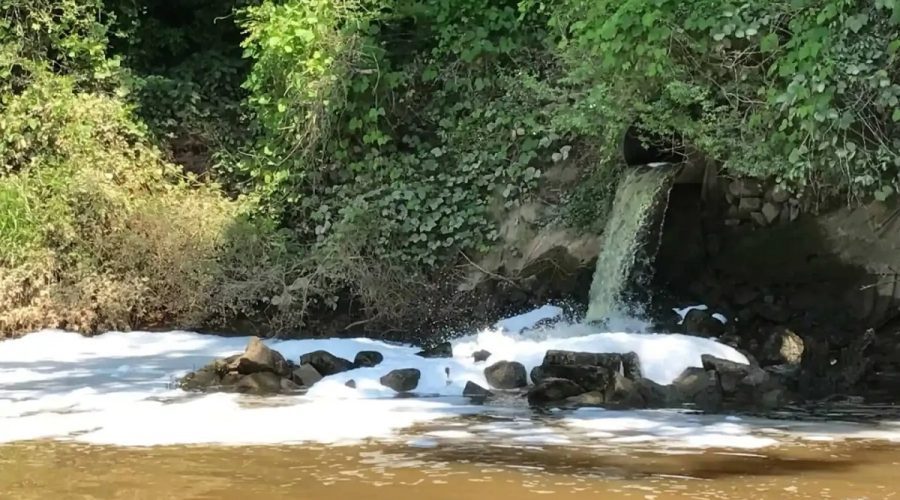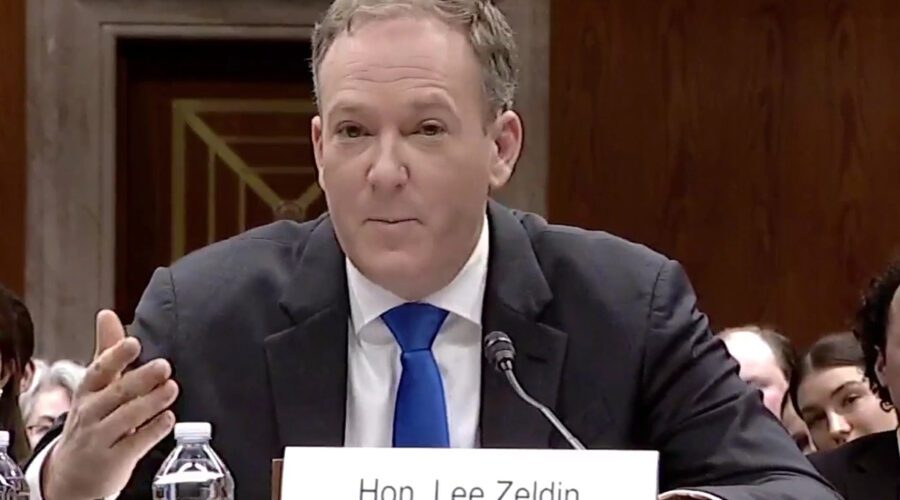The company “improperly withheld vital emission data from the public” in its Aug. 14 application to the North Carolina Department of Environmental Quality’s Division of Air Quality, according to a letter to regulators from Southern Environmental Law Center attorneys.
PFAS
EMC moves groundwater standards, wetlands rules ahead
The N.C. Environmental Management Commission voted Thursday to send a groundwater standard rule for PFAS to the Rules Review Commission and a rule that defines wetlands in the state to the Office of Administrative Hearings.
DEQ requires Chemours to expand PFAS well water testing
The N.C. Department of Environmental Quality announced Thursday that it is requiring Chemours expand sampling eligibility of PFAS contamination to about 14,000 additional residences in the lower Cape Fear region.
Environmental commission to consider wetlands, PFAS rules
The Environmental Management Commission is to vote during its Sept. 11 meeting on a legally mandated change to the state’s regulatory definition of wetlands and on groundwater quality standards for PFOA, PFOS and GenX.
Brunswick halts water treatment plant contractor lawsuit
Brunswick County in a release stated that it reserves the right to refile the lawsuit it rescinded last Monday against the contractor it hired to expand and install a low-pressure reverse osmosis system at the Northwest Water Treatment Plant.
Brunswick fires, sues water treatment plant contractor
Citing repeated delays and poor workmanship, Brunswick County on July 25 filed a lawsuit against and terminated the contracting company it hired to expand and upgrade the Northwest Water Treatment Plant.
More than $240M awarded for water, wastewater upgrades
Drinking water and wastewater infrastructure improvement projects in a handful of coastal counties are among 48 projects selected to receive funding grants.
Completion dates pushed for Brunswick water plant upgrades
Contractor delays have pushed back the completion date of upgrades, including a reverse osmosis system, at Brunswick County Public Utilities’ Northwest Water Treatment Plant.
North Carolinians condemn EPA’s PFAS regulation delay
Advocates push state legislation as EPA scales back GenX and PFAS regulations.
Cape Fear River Watch’s Dana Sargent heading for new post
After seven years as Cape Fear River Watch executive director, Dana Sargent is taking on a different environmental advocacy role with hopes to spend more time with her family.
Proposed state rules on discharges defanged as EPA retreats
The Environmental Protection Agency’s announcement this week that it will rescind and reexamine four expected PFAS rules follows a state Environmental Management Commission committee’s opaque decision stalling proposed surface water rules on three compounds.
Zeldin says PFAS limits may get tougher, downplays layoffs
Environmental Protection Agency Administrator Lee Zeldin told a Senate committee Wednesday that news reports about the EPA weakening PFAS were inaccurate and that the standards could instead get tougher.
Draft state rules for 1,4-dioxane, PFAS dischargers delayed
State staff need more time before presenting draft monitoring requirements for dischargers of PFAS and 1,4-dioxane for the Environmental Management Commission to consider.
Cape Fear River Watch to host ‘Postcards Against PFAS’ event
The “Postcards Against PFAS” event is from 5:30-8 p.m. Tuesday in Wilmington ahead of the North Carolina Environmental Management Commission’s May 8 meeting.
NAACP joins fight for Chemours to disclose documents
The NAACP New Hanover County Branch’s motion to intervene in a lawsuit against Chemours and its predecessor company DuPont is the latest is an ongoing fight to keep public thousands of pages of documents.
Committee to consider draft plans for 3 PFAS, 1,4-dioxane
A committee of the Environmental Management Commission during its May meeting is to consider sending to the full commission draft management plans for 1,4-dioxane, and for PFOA, PFOS and GenX.
















